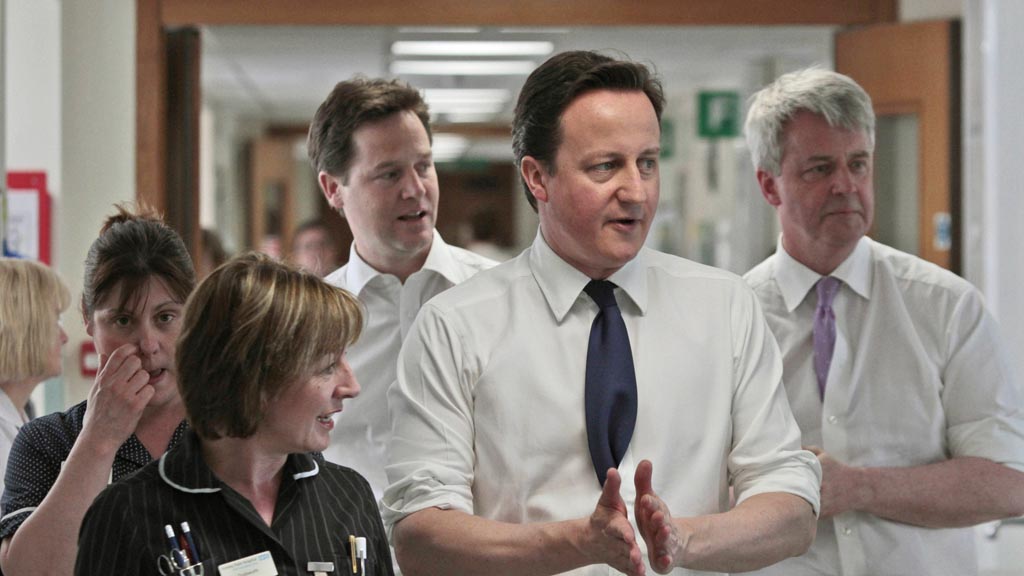PFI hospitals ‘on the brink’
More than 60 Private Finance Initiative (PFI) hospitals are close to financial collapse, Health Secretary Andrew Lansley warns. But a PFI expert tells Channel 4 News the row is “misleading”.
The Department of Health says it has been contacted by 22 NHS trusts which say the spiralling cost of PFI contracts is running into billions of pounds.
PFI schemes use private companies to build, and sometimes maintain, new hospitals and in turn the NHS pays back an annual fee including interest.
Some trusts say they are now unable to pay for their schemes – believed to be worth more than £5.4bn in total – because the payments of their “NHS mortgages” have inflated during the recession.
The initiative was introduced by John Major’s Conservative government in 1992 and expanded under the last Labour government.
Read more: Is PFI a political red herring?
Mr Lansley told The Daily Telegraph: “Over the last year, we’ve been working to expose the mess Labour left us with, and the truth is that some hospitals have been landed with PFI deals they simply cannot afford.

“Like the economy, Labour has brought some parts of the NHS to the brink of financial collapse. Tough solutions may be needed for these problems, but we’ll help the NHS overcome them. We will not make the sick pay for Labour’s debt crisis.”
According to reports, Buckinghamshire, West Middlesex, Barts and The London, Oxford Radcliffe, North Bristol, St Helens and Knowsley, and Portsmouth are just some of the trusts in difficulty.
The Department of Health is expected to detail plans to resolve the problem in coming months after meeting with executives whose trusts are in difficulty.
PFI problems
Proposals are expected to include the renegotiation of PFI contracts and cost-cutting.
Earlier this month the powerful cross-party public accounts committee, which scrutinises government spending, said taxpayers should get a “much better deal” from the schemes than they currently did.
The Commons Treasury committee has also said PFI deals are not value for money, with the long-term costs significantly higher than conventional government borrowing.
But PFI specialist Mark Hellowell, from the University of Edinburgh, told Channel 4 News PFI schemes were still being commissioned – because they are the “only game in town” for NHS trusts to build new hospitals.
“For NHS trusts, for large capital schemes, like building hospitals, PFI was and is the only game in town. The fundamental point is that this is an existing, ongoing programme,” he said.
“Specifically in relation to the NHS, no NHS PFI projects were signed off under John Major’s government, but they did initiate a number – the procurement just wasn’t done.
“Labour embraced and expanded this and the new government has embraced and expanded it also. It’s not just legacy deals – there’s an entirely new programme.
“PFI is not party political. It has been spun very successfully but that is completely misleading and mendacious.”
Read more: Coalition increases 'discredited' PFI schemes
More on the NHS
-

NHS reform bill passed by House of Commons
07 September 2011
-

Health bill is ‘biggest upheaval in NHS history’
06 September 2011
-
Latest news
-
Yungblud launches his own affordable music festival5m

-
Why these Americans want to quit their state9m

-
Company behind infected water outbreak are ‘incompetent’ says local MP5m

-
Israeli forces push deeper into Northern and Southern Gaza4m

-
India’s ‘YouTube election’: Influencers enlisted to mobilise youth vote6m

-






